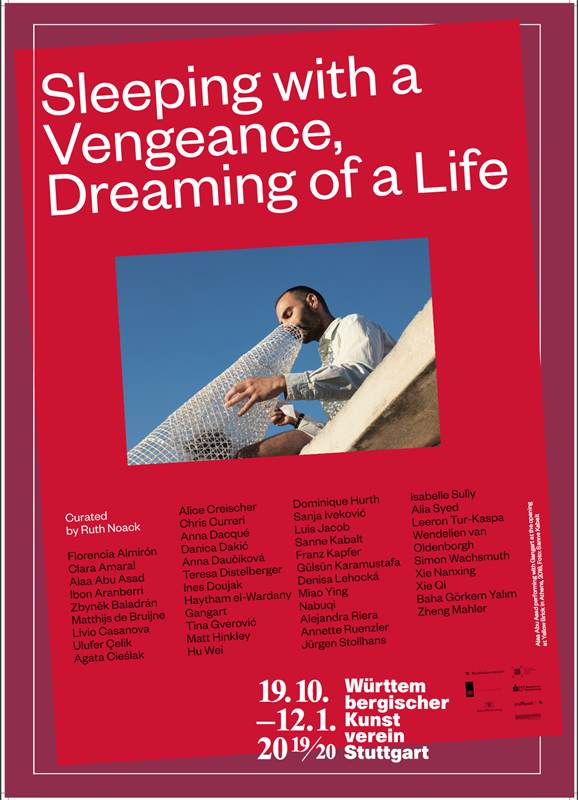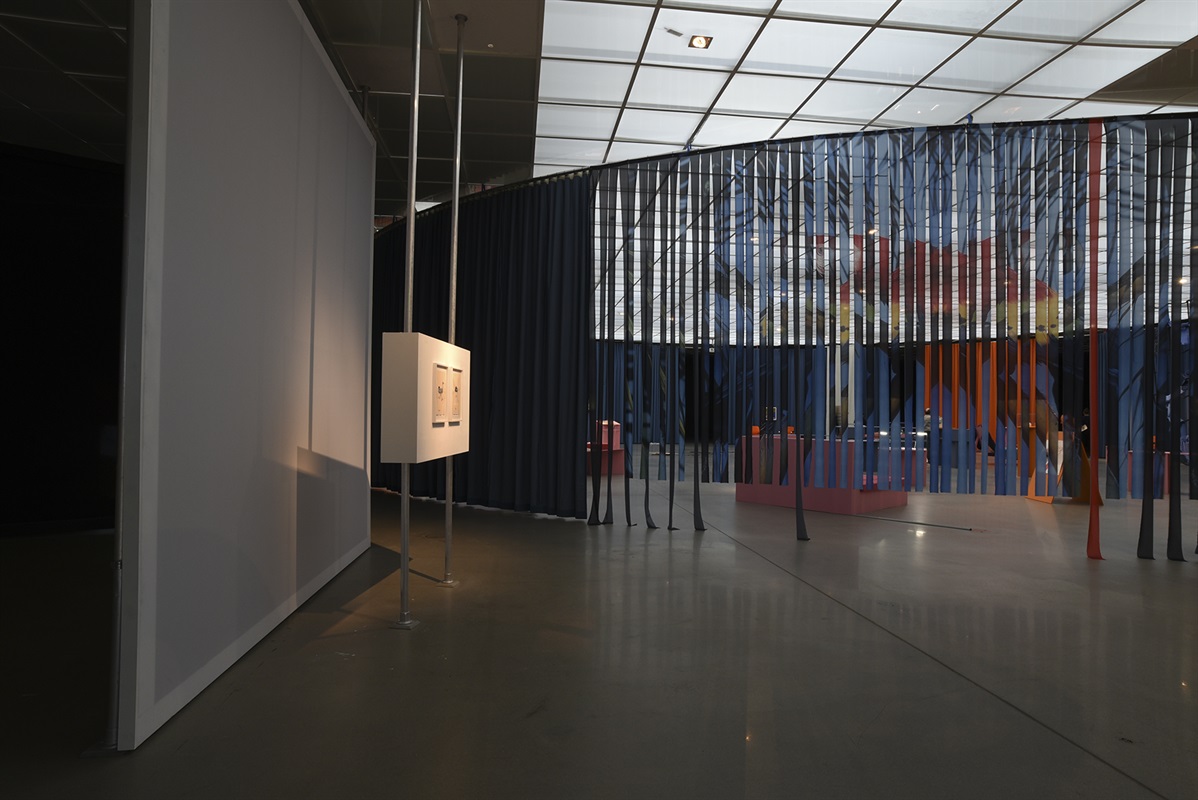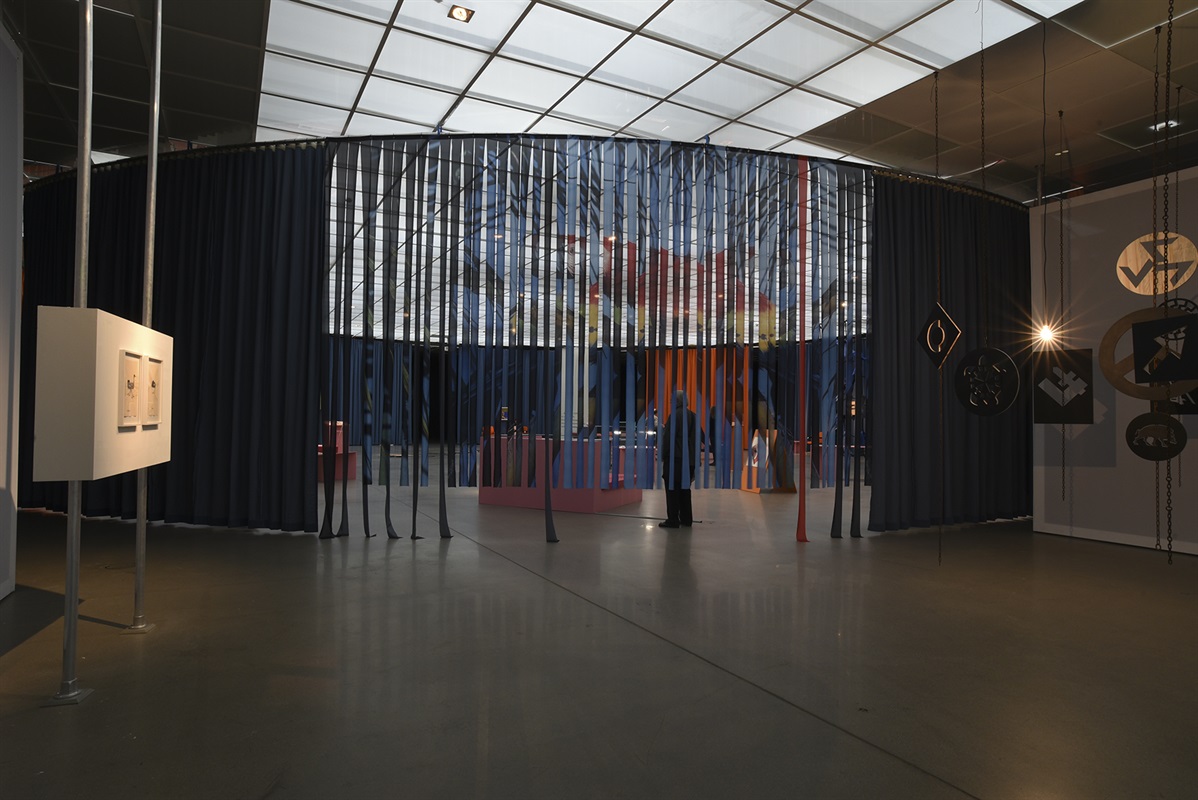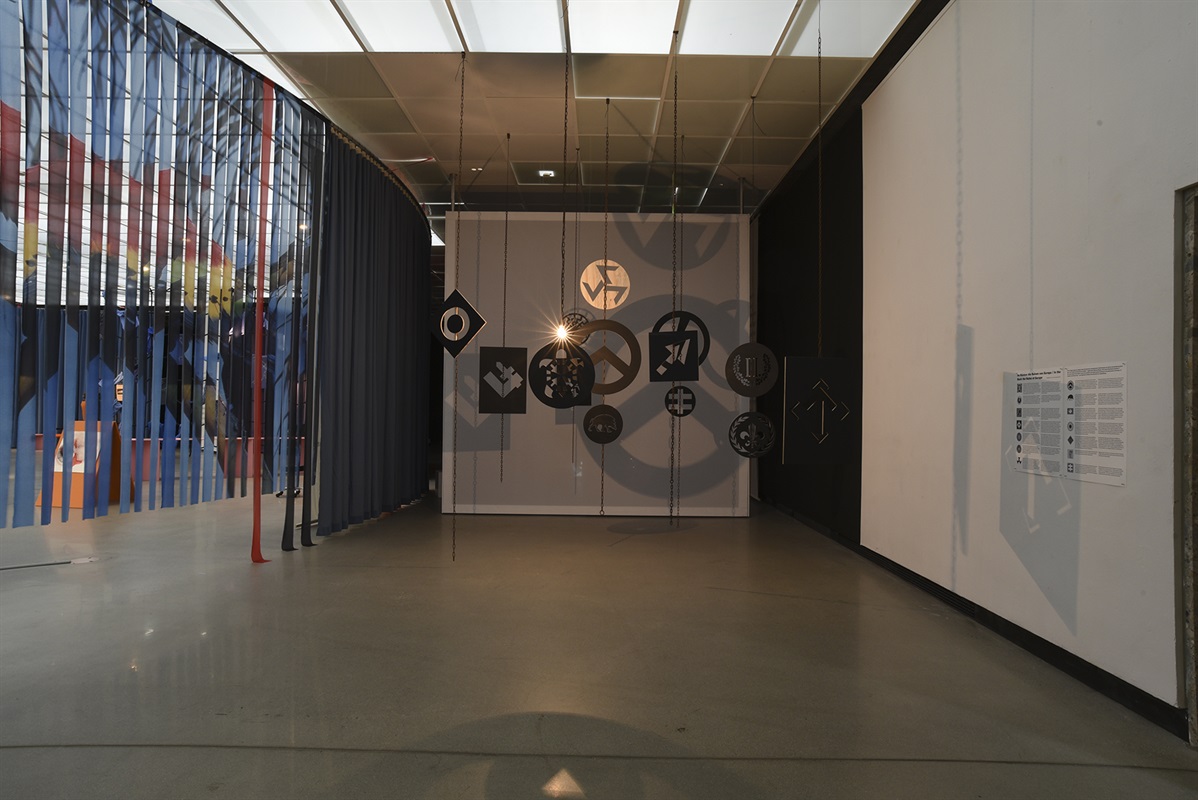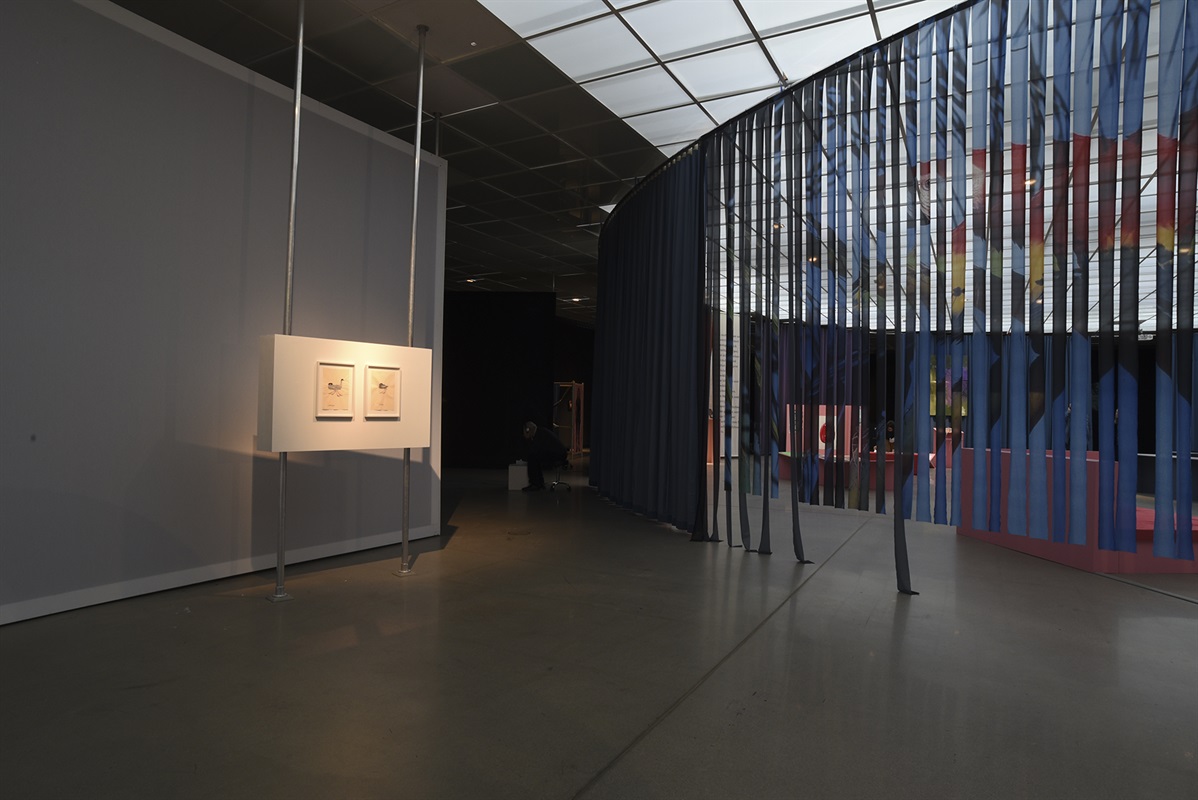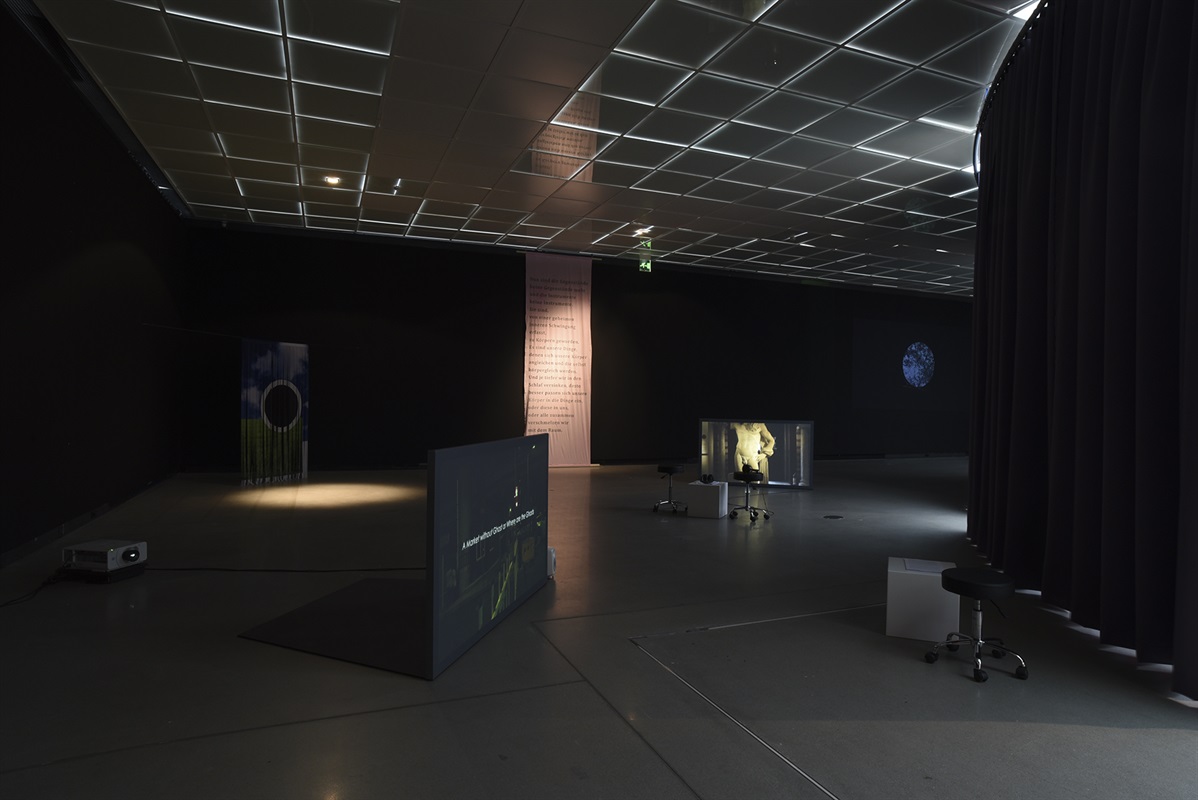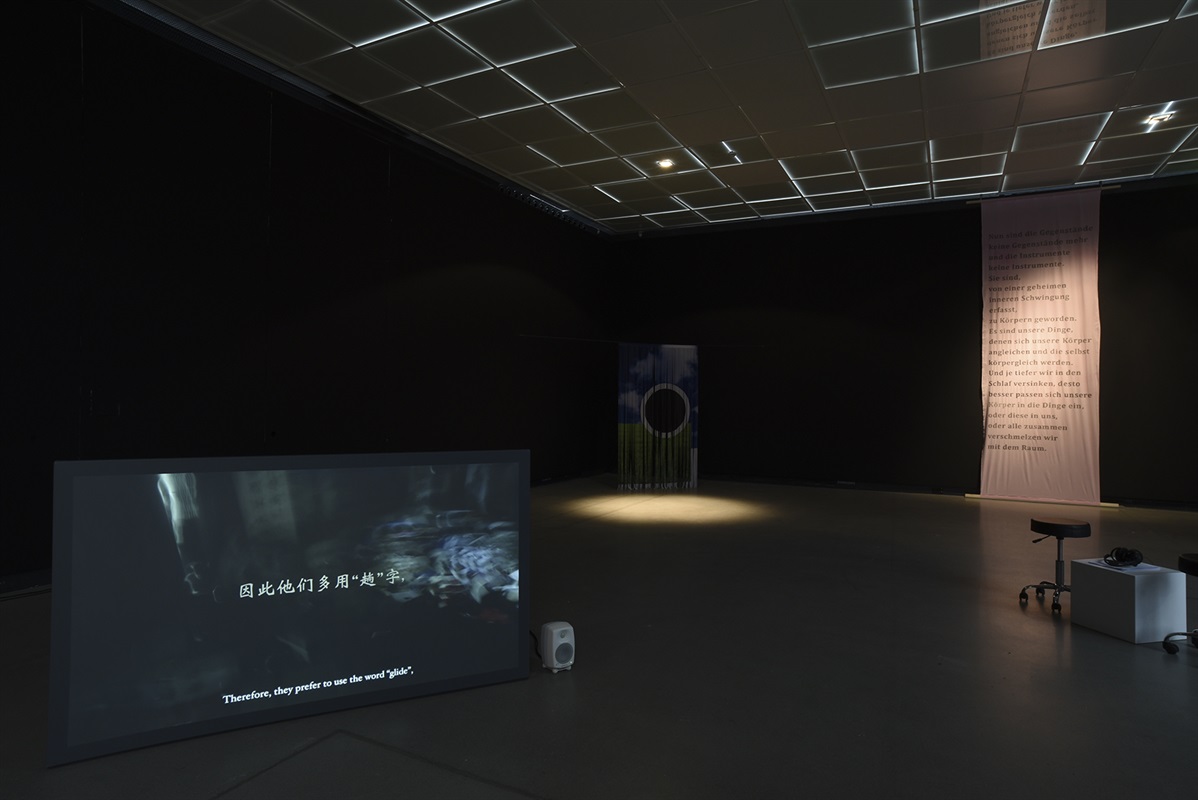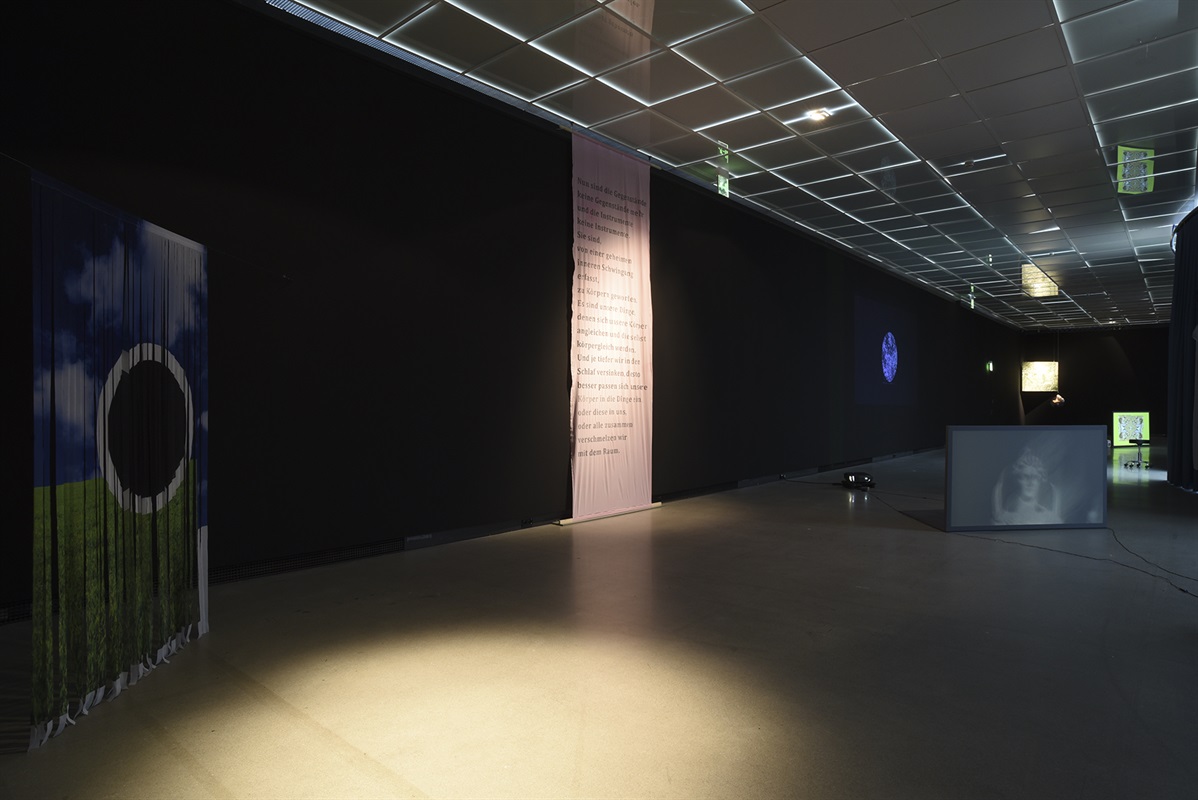From October 19, 2019, to January 12, 2020, the Württembergischer Kunstverein is showing the most comprehensive version to date
of the exhibition Sleeping with a Vengeance, Dreaming of a Life, which was previously sketched out in Greece, China, and the Czech Republic. Ruth Noack, who is designated Founding Director of
The Corner at Whitman-Walker in Washington, DC, has invited more than 40 artists from different cultural contexts to negotiate con- temporary politics of sleep and dreaming. In recent decades, sleep has been turned into a resource, tied to production, consumption, warfare, and biopolitics, while people are simultaneously enticed to sleep less and to sleep more productively. How, then, can we keep dreaming? Yet history shows that sleep can turn resistant, for instance when someone sleeps while they should be working or sleeps where they are not supposed to, say in public space. And to dream can be seen as an act toward imagining the good life, as in Martin Luther King’s famous sentence: “I have a dream ...”
The curatorial model of Sleeping with a Vengeance, Dreaming of
a Life posits itself against an art industry’s paradigms of efficiency and production, which stand in no relation to real conditions of production and often deprive exhibitions of their potentiality. The exhibition is instead taken as a medium which gives us an opportu- nity to share knowledge and create new meaning.
Begun in 2018 as a series of exhibition sketches, supported jointly by the smallest of institutions, by the curator and the artists who themselves contributed sketches, time, and know-how, Sleeping with a Vengeance, Dreaming of a Life continually evolves with each iteration. At each station, new sketches are added and old ones further fleshed out. A selection of works is now being fully realized in Stuttgart. This is not a classic traveling exhibition, but a work in progress. It changes with each respective location and its condi- tions. It learns from people and from the works of art. Within this open framework, we ask: Can sleep be reclaimed from the clutches of late capitalism? Can it gain subversive force? Can the acts of sleeping and dreaming be imagined as a resistant political deed? Would the sleeper be able to dream up a better life,
a better future?
